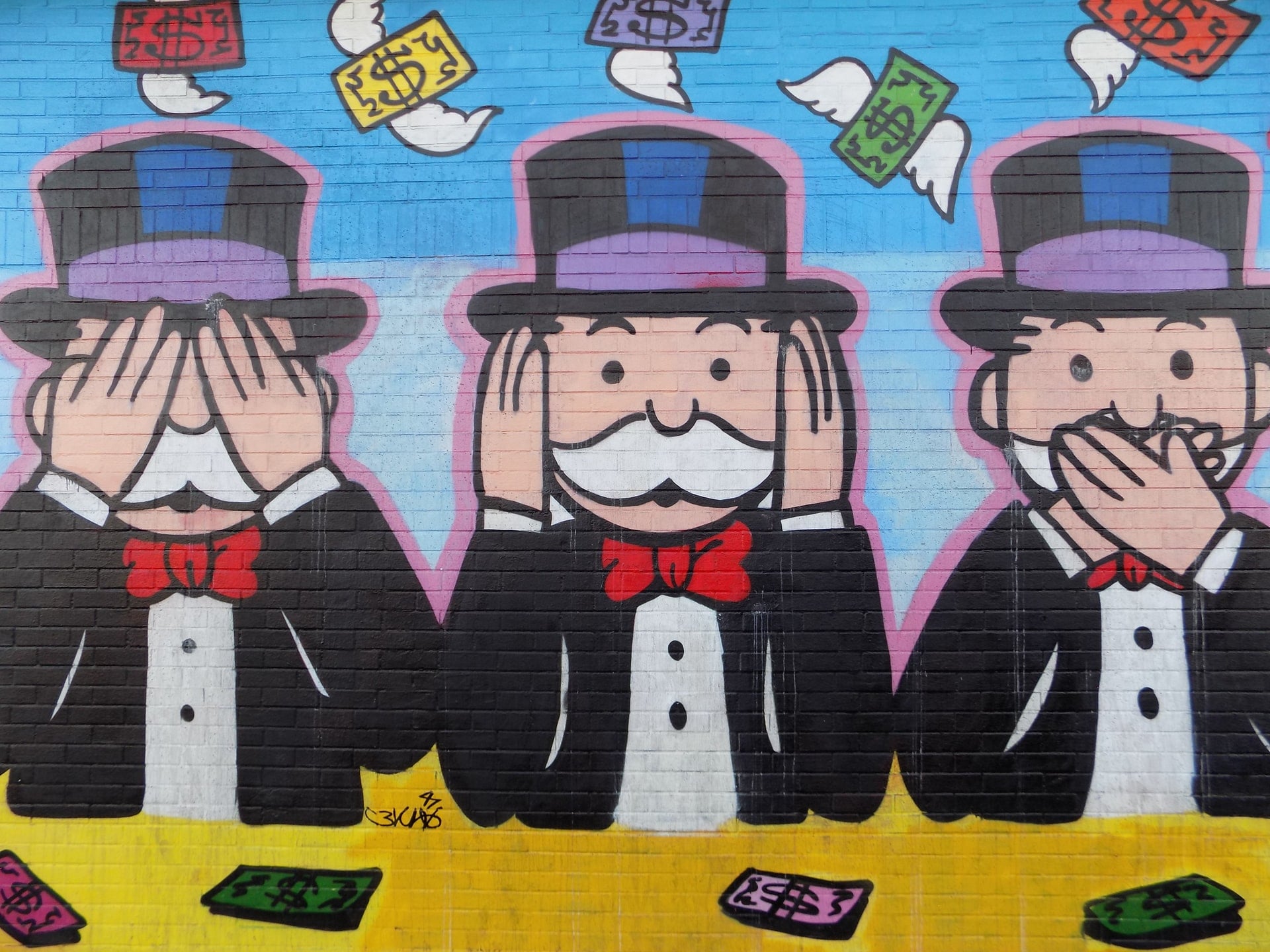
Have you ever seen something and realised that what you're seeing isn't quite how you'd remembered it? Perhaps it's the cover art for the children's book series The Berenstain Bears, which you could've sworn was actually called The Berenstein Bears, or maybe it's something similar that isn't a major difference but just feels a little off. This phenomenon, known as the Mandela Effect, has been popularized over the past 10 years as more people have collectively begun to share experiences of remembering a brand, show, quote, or item as different than what it originally was. The Mandela Effect theory has stirred up its fair share of opinions [1], with some attributing this lapse in what is real versus what is not to the presence of an alternate universe, but the cause of this phenomenon can be explained with a more scientific approach, involving our brains.
What Is the Mandela Effect?
The term "Mandela Effect" was first used by blogger Fiona Broome in 2009 as a means to share her thoughts regarding the phenomenon she was experiencing. Broome distinctly recalled [2] former South African president Nelson Mandela dying while being imprisoned in the 1980s, the only issue being that Mandela actually died in 2013, years after being released from prison. Stunned by the notion that Mandela had not died when and in the way she thought he did, though she clearly remembered extensive news coverage of the event, Broome started her own website to try and connect with others as well as search for similar incidences of collective misremembering.
What Causes the Mandela Effect?
So, what is the explanation behind the Mandela Effect? Well, there's the aforementioned theory that it's evidence of an alternate universe, but there's also a more Earthly explanation to be found. The cause of the phenomenon can be attributed to how our brain creates and stores memory chains. False memories, according to Medical News Today, are untrue or distorted recollections of an event [3], with some containing elements of fact or closely resembling the event in question.
Our brains create false memories due to a few different factors: confabulations and priming. Confabulations are untrue statements of a person, place, or thing, or false retellings of a story. If a piece of misinformation is distorted for long enough, it will eventually feel like a fact, which can explain why Mandela Effect examples are so commonly believed by a large group of people. Priming, also known as suggestibility, describes factors leading up to an event that affect our perception of it. Priming can be language-specific, and the inclusion of certain details, such as the colour, shape, design, wording, etc. of something being described can prime our mind to make associations that aren't necessarily there.
Mandela Effect Examples
There are so many examples of the Mandela Effect that have been circulated over the years, with these being the most common:
- Shazaam: If you were a kid growing up in the '90s, you might distinctly remember a movie called Shazaam that featured popular actor Sinbad as a genie — but this never existed! Instead, there was Kazaam, a movie with famous NBA player Shaquille O'Neal as the lead.
- The Berenstain Bears vs. The Berenstein Bears: The beloved series of children's books we once adored as kids is not The Berenstein Bears as so many of us recall on books and VHS tapes, but rather, The Berenstain Bears.
- Jif vs. Jiffy Peanut Butter: When eating a PB&J, you're probably more concerned with the peanut butter-to-jelly ratio, the crunch vs. smooth debacle, or the jelly flavour than you are with the brand of peanut butter used. If you're curious about the brand, though, you might remember Jiffy peanut butter being a favourite among your family and friends. But it was never Jiffy! It was Jif the whole time.
- Oscar Mayer vs. Oscar Meyer: When thinking of the popular hot dog brand, chances are you remember the jingle "I was I was an Oscar _____ Weiner" or the infamous weiner-mobile commercials, but do you recall the brand being spelled Mayer instead of Meyer? The correct spelling is with an "a," but many people remember the "e" spelling, which makes things even more confusing.
- Monopoly Man: There are a few things that come to mind when picturing the monopoly man: his mustache, his tuxedo, and the infamous monocle he wears around his eye. Just kidding! The monopoly man never had a monocle (apparently), and the world has never been the same.
- Pikachu's Tail:If you visualize Pikachu, you of course think of his lighting-bolt-shaped yellow tail with black detailing. Turns out, Pikachu's tail has always been yellow and yellow only.
- Darth Vader and "Luke, I am . . .": Even if you're not a fan of the Star Wars movie franchise, you are probably familiar with the mega-famous quote uttered by Darth Vader, "Luke, I am your father." Turns out, most of us have misquoted this all along, and the real quote is, "No, I am your father."
- "We Are the Champions": One of Queen's most popular and beloved songs, "We are the Champions," has become an anthem for sports teams and anyone needing a motivational boost. Most people remember lead singer Freddie Mercury ending the song by singing the lyrics, ". . . 'cause we are the champions . . . of the world," but the original lyrics simply cut after the word "champions." How is this possible? Mercury did sing the "of the world" part during the Live Aid performance of the song in 1985, and listeners must have stuck with that version of the song.